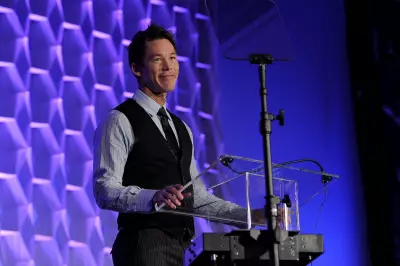
A powerful new political movement is taking shape in the United States, as families who believe prenatal use of Tylenol (acetaminophen) contributed to their children's autism are mobilising behind the independent presidential campaign of Robert F. Kennedy Jr.
A Coalition Forged in Personal Struggle
Hundreds of these families are not just passive supporters; they are plaintiffs in a major mass tort lawsuit against the drug's manufacturers and retailers. They allege that companies failed to adequately warn pregnant women about potential risks associated with the common painkiller.
This shared experience has transformed them into a highly motivated and organised voting bloc, finding a vocal champion in Mr Kennedy, who has long questioned vaccine safety and mainstream pharmaceutical practices.
'He's the Only One Listening'
For parents like Brandy Wood, whose son is on the autism spectrum, the established political parties offer little solace. "We feel ignored by the system," she stated. "RFK Jr is the only candidate who speaks about what happened to our families. He gives us a voice."
This sentiment is echoed across the country, with many families feeling that their concerns about environmental factors and neurodevelopmental disorders have been dismissed by public health officials for decades.
The Legal Battle and Political Implications
The scientific community remains divided on the alleged Tylenol-autism link. While some studies suggest a correlation, regulatory bodies like the FDA maintain that the data is inconclusive and that the medication is safe for use during pregnancy when necessary.
Nevertheless, the legal proceedings have galvanised this community. Their alliance with Kennedy's campaign represents a significant shift, where personal health advocacy is directly influencing the political landscape.
A Potent Force in a Tight Election
Political analysts note that while the group may not be large enough to single-handedly sway the national result, its passion and dedication could have an outsized impact in key swing states. Their grassroots organising and personal testimonies add a powerful, emotional dimension to Kennedy's platform.
This development underscores a broader trend of single-issue voters, motivated by deeply personal experiences, becoming increasingly influential in American elections.





